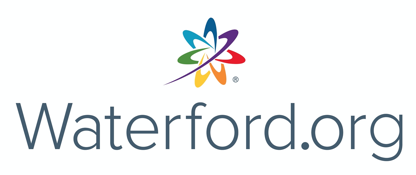These Trends Explain Why Teachers Go on Strike

In 2018, almost 400,000 teachers went on strike. From California to West Virginia, teachers are taking to the streets and to their state capitols to voice their unhappiness with work conditions, expectations, and pay.
2018 set records for the number of worker protests, largely due to the number of teachers engaging in strikes across the country. In 2019, 30,000 teachers in Los Angeles alone went on strike. This is because teachers are becoming increasingly frustrated with low budgets, stagnant salaries, and increasing workloads. Teachers are telling their local, state, and federal governments that education budgets are thinly spread and their wages have not improved over the past decade – and they have the statistics to prove it. To further explain why teachers are becoming more vocal with their criticisms of the education system, here are some of the most remarkable trends that illustrate why teachers are demanding attention from their officials.
Class Sizes
To understand the financial issues school systems are facing, it is important to look at budget trends before 2009 and after the Great Recession. Before 2009, there was an intentional effort to increase the number of teachers in schools as part of a movement to decrease classroom sizes. Smaller class sizes give teachers more time for instruction, and less time is spent working on paperwork, grading, and data collection. Smaller class sizes are also directly tied with better learning outcomes for students. This effort was successful until the financial crisis hit in 2009. However, in the years since the crisis, the trend has reversed.
Per-Pupil Spending
In several states like Texas, Georgia, and Florida, per-pupil spending is at lower levels than before 2009. Additionally, in Arizona and Kansas, per-pupil spending has decreased by almost 15% since 2009, while in larger states like Texas and Florida, per-pupil spending has decreased by almost 10%. The effects of low per-pupil spending put a strain on teachers’ pockets – the lack of resources provided by the school causes educators to spend more out of their salary. Moreover, lower spending also correlates with lower student performance. A study completed in Kansas found that a “1 percentage point increase in graduation rates is associated with a 1.2 percent increase in costs in lower grades and a 1.9 percent increase in costs at the high school level.”
Salaries
Salaries for educators have declined, for both new and experienced teachers. Across the country, the average teacher’s salary is down to $58,950 from $61,804. Teachers receive an average of 17.6% less than professionals in similar fields. For example, in states like California with high living costs, teachers are taking on roommates, living with families or even commuting over two hours to avoid the high rent in their school districts. Teachers’ salaries have not grown significantly since the Great Recession.
While the economy has recovered since 2009, education budgets in many states have remained the same or decreased. Teachers are seeing the effects of these policies in their classrooms every single day – in the form of larger class sizes, lower salaries, and education inequity. Teachers invest their time, energy, and money into creating opportunities for all students to learn and be successful. Now, they are demanding that their legislators return the favor by passing fair and modern education policies.






